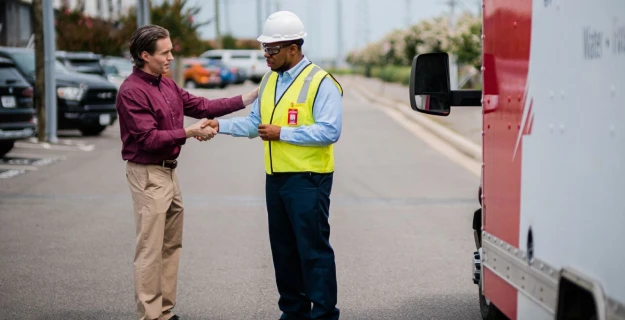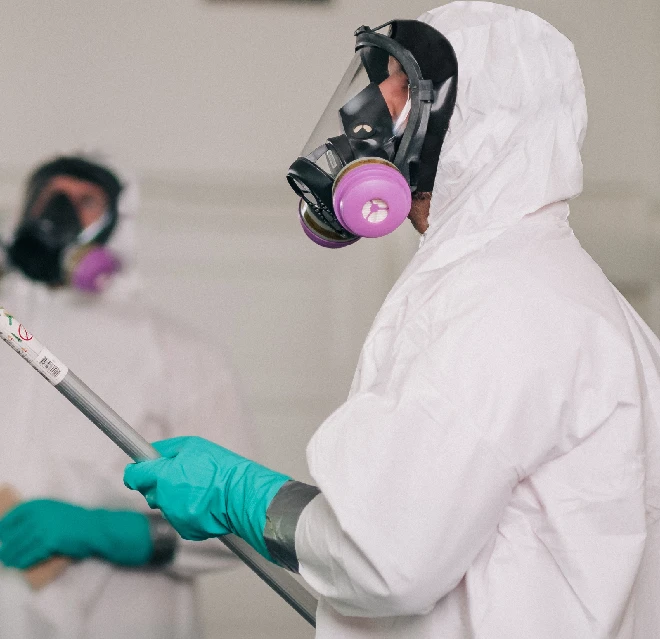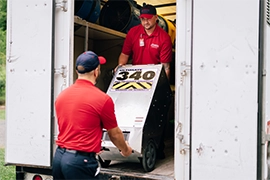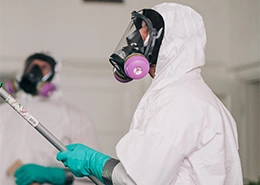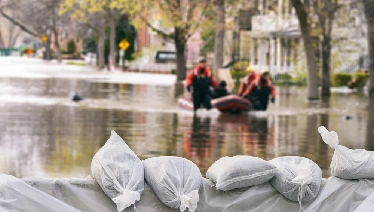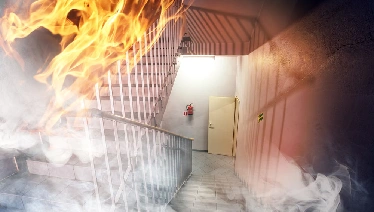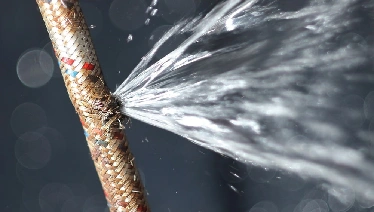Mold remediation services play a crucial role in preventing health risks and liability issues by effectively addressing mold problems in properties. First and foremost, these services are equipped with the expertise and tools to conduct thorough assessments of the extent and causes of mold growth. Identifying the source of the issue is essential in preventing its recurrence.
Once the assessment is complete, mold remediation professionals take measures to contain and isolate affected areas, preventing the spread of mold spores to other parts of the property. This containment is critical for safeguarding the health of occupants and limiting the potential for liability claims, as mold can easily become airborne and affect individuals in the vicinity.
Mold remediation services also employ specialized equipment, such as high-efficiency particulate air (HEPA) filters, to remove mold and airborne contaminants effectively. This ensures that not only is visible mold removed, but also hidden mold spores that could continue to pose health risks.
Additionally, these services follow strict safety protocols established by organizations like the Occupational Safety and Health Administration (OSHA) to ensure the health and safety of both workers and occupants during the remediation process. Certified professionals, often accredited by organizations like the Institute of Inspection, Cleaning, and Restoration Certification (IICRC), are well-versed in industry best practices, further reducing the risk of health problems and liability issues.
In summary, mold remediation services prevent health risks by identifying, containing, and effectively removing mold. They also mitigate liability concerns by following safety standards and industry best practices, reducing the likelihood of legal issues related to mold exposure.
